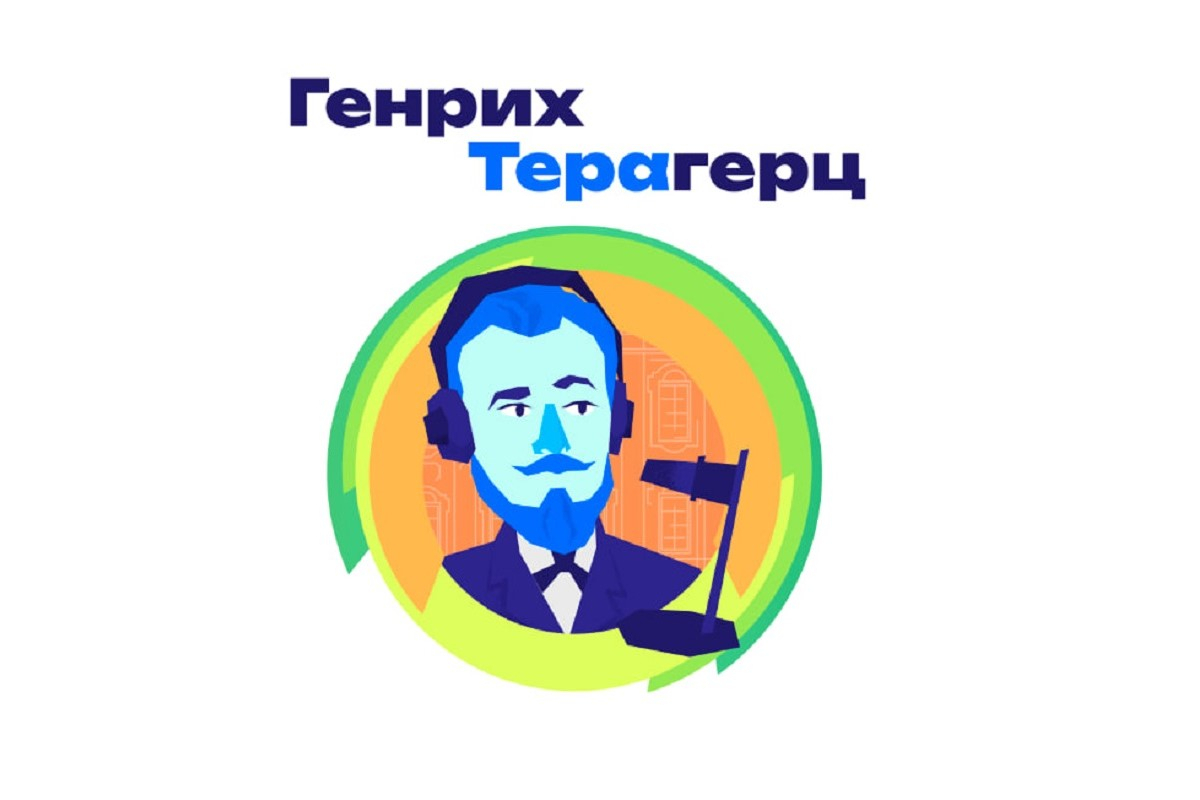Heinrich Terahertz podcast: St Petersburg University expert talks about the history of the Balkans

The guest of the fourth episode of the second season of the popular science podcast "Heinrich Terahertz" is Evgenii Koloskov, Director of the Centre for Balkan Studies at St Petersburg University. The centre is the first city scientific and educational platform for the comprehensive study of the Balkan countries.
The Balkans have a rich history that bridges various cultural and political influences. The adoption of Christianity from Byzantium had a significant impact on the traditions of the peoples of the peninsula. Elements of the Ottoman Empire, which ruled these lands for five centuries, are still present in Balkan cuisine, music and other aspects of ethnic culture.
The Balkans have long been a place of rivalry, with the interests of the Italian republics, the Habsburg Monarchy, Russia, and the Ottoman Empire intersecting. The territory is a hodgepodge of contradictions, a contact zone with blurred historical and geographical boundaries. Some countries, such as Slovenia, prefer to distance themselves from the term "Balkans".
Evgenii Koloskov, Director of the Centre for Balkan Studies at St Petersburg University
This region is home to a multitude of religious denominations and variations, which not only enriches cultural diversity but also creates potential for conflict. Difficulties related to borders and the rights of small nations still remain relevant. This concerns the situation in Kosovo, Bosnia and Herzegovina; issues of recognition of national minorities in Greece; language-related disputes between North Macedonia and Bulgaria; and challenges associated with the issuance of passports and consular services.
Interethnic relations in Yugoslavia and among neighbouring nations also remain complicated largely due to a rich historical legacy. The events of the late 20th and early 21st centuries made the peninsula the centre of attention of the world media. The Balkans are called Europe, but with a reservation, due to the established image of savagery and bloodshed, intertwined with romantic perception and naturalness.
Russia has traditionally had good relations with representatives of the Serbian circle, which has become smaller since Montenegro joined NATO. Most Balkan states are trying to maintain or establish a positive dialogue with our country.
Evgenii Koloskov, Director of the Centre for Balkan Studies at St Petersburg University
"This leads to a clash with stereotypes and a lack of understanding of the internal processes of the region, which sometimes draws us into local conflicts," said Evgenii Koloskov.
During the podcast, the host and guest expert concluded that the Balkans’ complex and contradictory history does not allow for clear conclusions. Questions of identity, borders, and cultural heritage continue to shape the peninsula’s economic and social life. At the same time, it remains an important area for studying intercultural interactions, demonstrating how history and politics intertwine to create both opportunities and risks.

